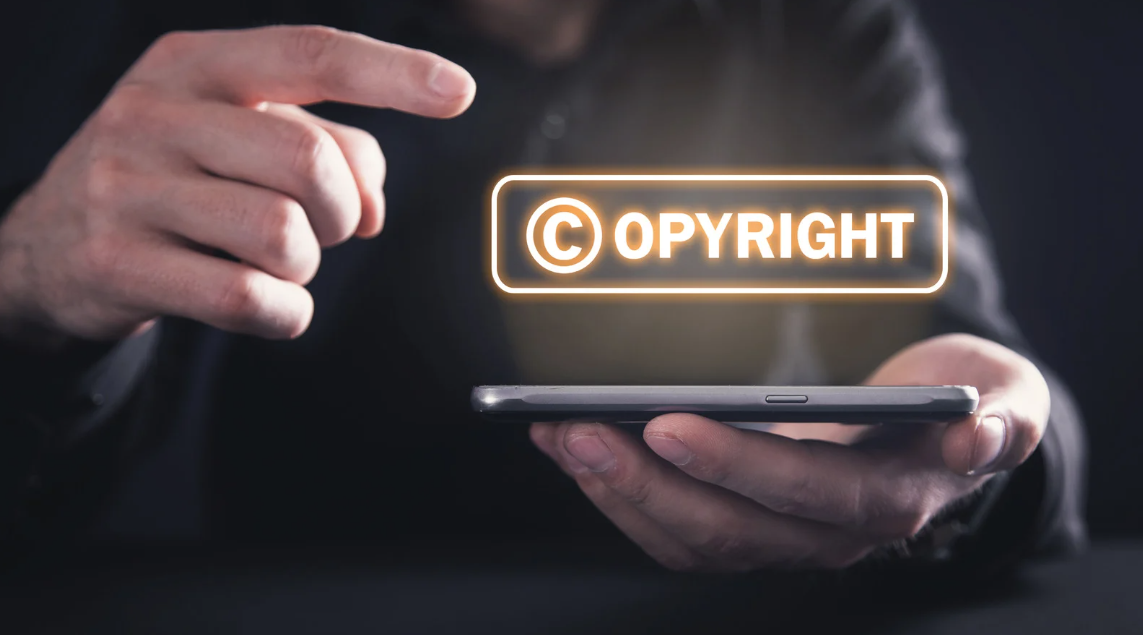Clear It Before You Drop It: Why Artists Still Get Sued for Copyright Infringement
Don’t release it if you haven’t cleared it.

In 2025, with millions of music streams per minute and the industry more transparent than ever, you’d think artists would have finally learned: don’t release it if you haven’t cleared it. Yet here we are — talking again about copyright infringement in music.
The latest example? Travis Scott, SZA, and Future are being sued over their hit “Telekinesis,” with allegations that the song lifts key elements from another artist’s work — without permission. Despite their massive platforms and access to legal teams, the clearance step was either ignored or mishandled. And now they’re paying the price — literally.
Let’s break down why this continues to happen and what today’s artists, producers, and even indie creators must understand:
🚫 Sampling Without Clearance = A Lawsuit Waiting to Happen
Sampling is a creative staple in hip hop, R&B, and pop — no doubt about it. But creativity doesn’t negate copyright. If you're using even a few seconds of someone else’s sound recording or musical composition, you must get clearance from both:
- The owner of the master recording (usually a label or the artist themselves)
- The owner of the underlying composition (often the songwriter or publisher)
Failing to clear both sides can get you sued. Not hypothetically — actually sued, with millions on the line.
📉 “I Didn’t Know” Is Not a Legal Defense
Many artists argue they didn’t mean to infringe, didn’t know the sample needed clearance, or thought it fell under fair use. Let me be clear: none of those excuses will save you in court.
If the original artist can prove substantial similarity and access, your intent doesn’t matter. The law protects original creators — period.
💡 Pro Tip: Clearance Isn’t Optional. It’s Part of the Process.
Too many artists rush to release — chasing momentum, likes, or viral status. But skipping legal review is like skipping mixing and mastering. It’s that critical. Clearance might feel like red tape, but it’s what protects you from being the next headline.
Before you release a track that includes:
- Samples
- Interpolations
- Sound-alikes
- Cover elements with a twist
… stop and ask: Did I clear this? With paperwork? If not — you’re exposed.
👑 Even the Greats Get Caught Slipping
Let’s be real: Travis Scott, SZA, and Future are not newbies. If they can be sued for alleged infringement, what does that mean for indie artists who think no one’s watching?
It means:
- You’re not too small to get sued.
- You’re not too creative to need permission.
- You’re not too smart to skip legal.
🎤 The Bottom Line
Music is art — but it’s also business. If you're serious about your music, treat it like the intellectual property that it is. Don’t just ask your producer if it’s okay. Don’t assume because it’s obscure, no one will notice. And don’t wait until the lawsuit hits to call a lawyer.
📞 Call a lawyer before you release — not after you’re sued.
Still not sure what needs to be cleared? Get professional guidance. The legal fees for a clearance consultation are nothing compared to a six-figure lawsuit, lost royalties, or worse — having to pull your song off every platform after it blows up.
Ready to make music that’s creative
and compliant?
Book a strategy session with Mason Firm to make sure your next hit doesn’t hit back in court.
